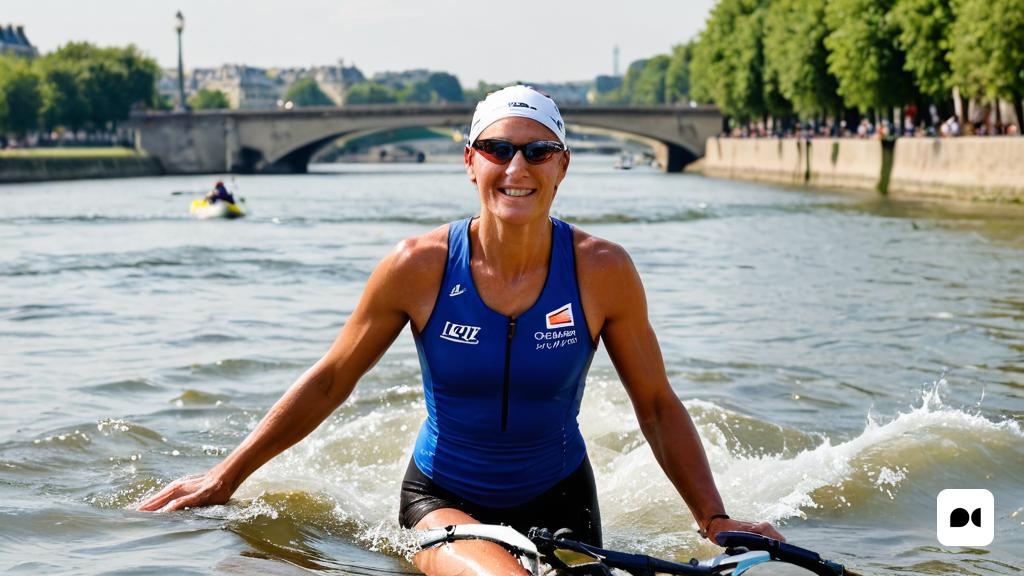The Seine River and its role in the Olympic Games
As the Paris Olympics approach, the waters of the Seine River have unleashed a torrent of concern both nationally and internationally. The organizers’ insistence that triathletes compete in this iconic river has sparked a debate about the quality of the water and what this could mean for athletes.
Quality testing and health concerns
Despite the mayor of Paris taking a dip in the Seine as part of a campaign to demonstrate the safety of the water, risks remained. After taking part in one event, Belgian triathlete Claire Michel was hospitalised and diagnosed with an E. Coli infection, highlighting the hidden dangers that can lurk in the popular resort.
Understanding E. Coli
E. coli bacteria, although commonly present in the human and animal intestines, have strains that can be potentially dangerous. The O157:H7 variant is one of them, known to cause severe diarrhea. In most cases, those affected recover in about ten days, although some, especially in vulnerable populations, may experience more serious complications.
Associated complications
E. coli infections can lead to severe conditions such as hemolytic uremic syndrome (HUS), which has become a leading cause of acute kidney failure in children. Additionally, up to 25% of those who suffer from HUS may face significant neurological problems.
Routes of contagion and their meaning
Transmission of E. coli O157:H7 commonly occurs through contaminated food, particularly raw or undercooked minced meat. Contact with fecal water and cross-contamination during food preparation also play a key role in the spread of this bacteria.
Impact on competition: the case of Belgium
The situation led the Belgian Olympic Committee and its triathlon federation to withdraw their mixed team from competitions after the incident that affected Michel. In his statement, they expressed their desire for digital lessons to be taken from this experience, emphasizing the need to ensure clear and safe conditions for athletes, as well as for the public present.
Reflections on the future
As the Olympic Games unfold in Paris, challenges over water quality and the health of participants have highlighted the importance of ensuring safety at all levels. Recent experience underlines the need for preparedness and vigilance to prevent incidents such as Claire Michel’s from tarnishing the competitive spirit and the health of elite athletes.

